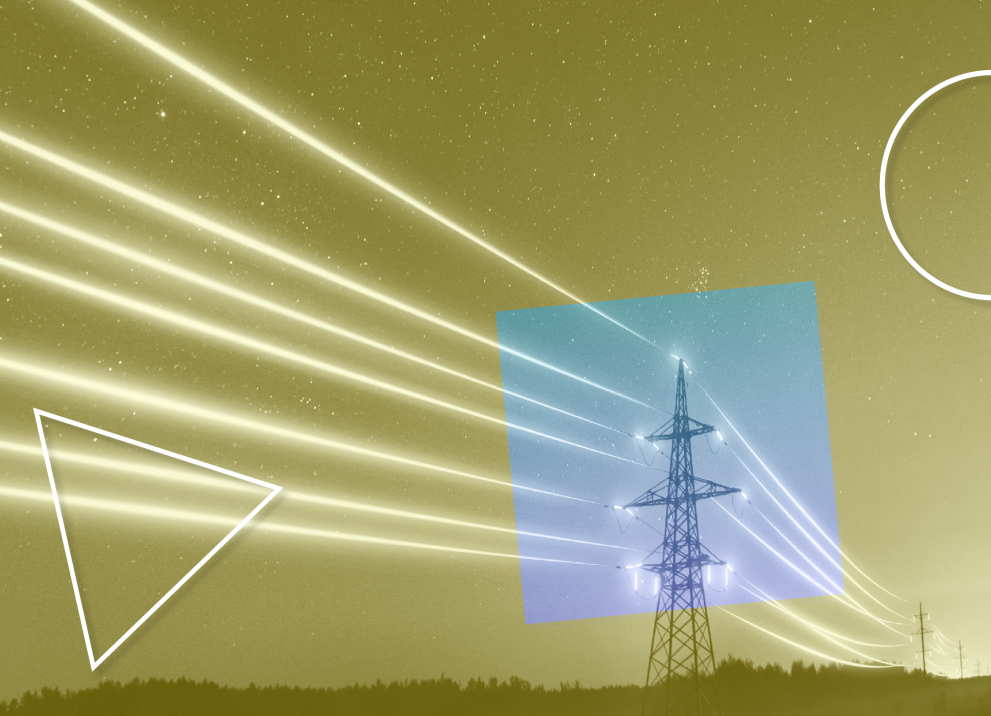
In the face of a pressing energy crisis and the EU’s ambitious climate goals, there is a clear need for energy-saving solutions for research labs across the continent, including the 40 specialised labs and research facilities under the European Commission's Joint Research Centre (JRC). They help our researchers conduct studies for nuclear medicinal purposes, perform emissions tests on new vehicles, study materials and structural components’ resistance to earthquakes and much more! This is where the EU Policy Lab comes into play, harnessing the power of behavioural insights to promote a wave of sustainable research practices across Europe.
How can Behavioural Insights help?
Tackling energy inefficiency is a colossal endeavour. It’s not just about mitigating the financial strain on research institutions; it's about the broader environmental impact. By curbing their energy usage and emissions, labs can contribute significantly to our efforts to combat climate change and promote a greener future. Plus, enhanced energy efficiency could free up more financial resources, enabling more research.
The EU Policy Lab, recognising this crucial need, uses the JRC’s laboratories as a real-world blueprint to ignite a wave of sustainable research practices across the EU.
A behavioural perspective: Research shows that lab users can influence up to 35% of a lab’s energy consumption. Therefore, although scientific needs and safety requirements often translate into considerable energy expenditures for heating, cooling, and ventilation, behavioural interventions in lab users’ daily activities can enhance energy savings in laboratory environments. For example, prompting researchers to power down equipment and turn off lights before leaving the lab can be achieved through simple signage, digital displays, or even automated reminders.
What we did
In the collaborative spirit of the EU Policy Lab, we brought lab managers, scientists, and technicians together to tackle the issue of energy efficiency in our labs. With the help of JRC colleagues from the infrastructure and energy teams, we explored barriers, identified opportunities, and devised behavioural strategies to increase energy savings in laboratories.
We focused on five key activities which allowed us to explore in-depth the energy efficiency landscape in research laboratories:
- Sharing Perspectives: Participants openly discussed their hopes and concerns regarding increased energy savings in labs.
- Knowledge Mapping: Participants shared insights into their knowledge of energy consumption in daily activities and provided perspectives on energy monitoring.
- Behavioural Changes Discussion: We explored desired behavioural changes in labs for energy savings and their potential impact on productivity.
- Reflection on JRC’s Role: Participants deliberated on the role of the JRC in promoting energy efficiency in scientific laboratories across the EU.
- Identifying Solutions: We scrutinised barriers and solutions related to energy monitoring, behavioural change, and cross-lab coordination.
What we achieved
Our workshop produced tangible and actionable results, with critical actions identified for enhancing energy savings in laboratories:
- Coordinate training: Train scientists, especially newcomers, on best practices for energy efficiency.
- Improve Energy Monitoring: Allocate resources to enhance the granularity of energy monitoring, including more meters and resources for data analysis.
- Incentive programs: Map needs and promote incentive programs that target desired behavioural changes, such as energy credits.
- Mandate energy cost estimation: Make it mandatory to estimate energy costs when purchasing equipment through public procurement.
- Communities of Practice: Foster 'Communities of Practice' and create a professional profile at the JRC focused on energy efficiency. This will promote best practices, build a collaborative culture, and improve communication between labs and infrastructure.
- EU-wide survey on lab users: Launch a survey directed at EU scientists and principal investigators to gather insights into the lab energy efficiency situation and further evaluate the JRC's added value.
This EU Policy Lab initiative is a significant first step toward creating a more sustainable and energy-efficient future for research laboratories.
By engaging with those who maintain, manage and work in our research facilities and by exploring motivations, abilities and opportunities for behavioural change, behavioural insights play a significant role in transforming how labs operate to reduce their environmental impact while optimising operational costs.
As we move forward, based on the results in our scientific facilities, we hope to see research institutions and policymakers inspired and embrace our recommendations to foster a culture of energy efficiency that is good both for scientific progress and the planet.
Keep an eye on our website to learn more about the energy-saving results through the behavioural insights initiative.
Similar content:
- Championing Sustainable Mobility: Enhancing Electric Vehicle Adoption through Behavioural Insights and Living Labs
- Driving forward with cleaner energy
- Eco-Management and Audit Scheme (EMAS)
Contacts:
andrea [dot] blasco ec [dot] europa [dot] eu (Andrea Blasco) and marion [dot] dupoux
ec [dot] europa [dot] eu (Andrea Blasco) and marion [dot] dupoux ec [dot] europa [dot] eu (Marion Dupoux).
ec [dot] europa [dot] eu (Marion Dupoux).
Details
- Publication date
- 6 February 2024
- Author
- Joint Research Centre
- Department
- Joint Research Centre
- EU Policy Lab tags



